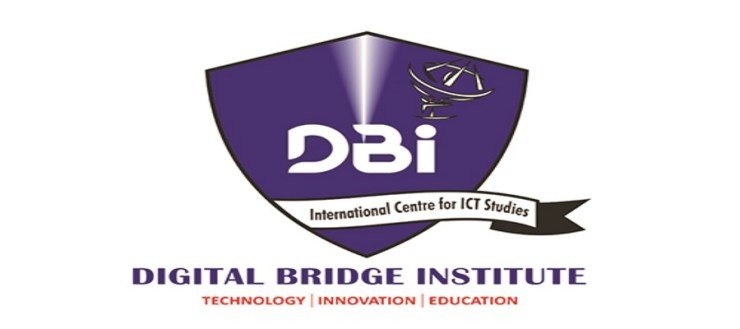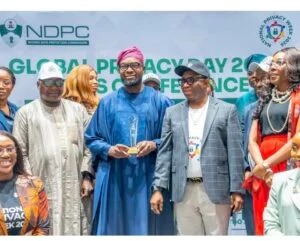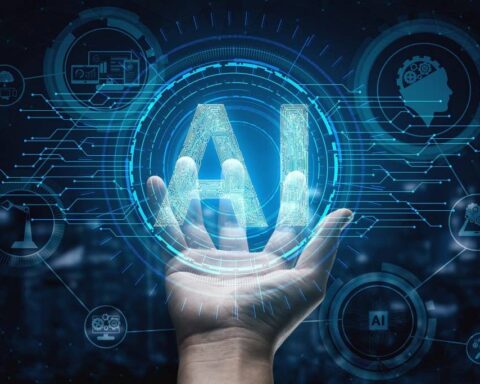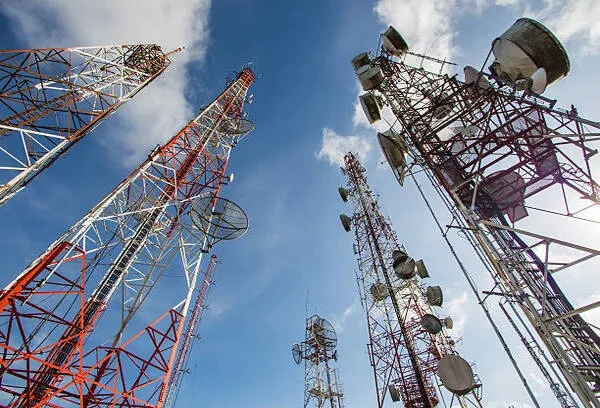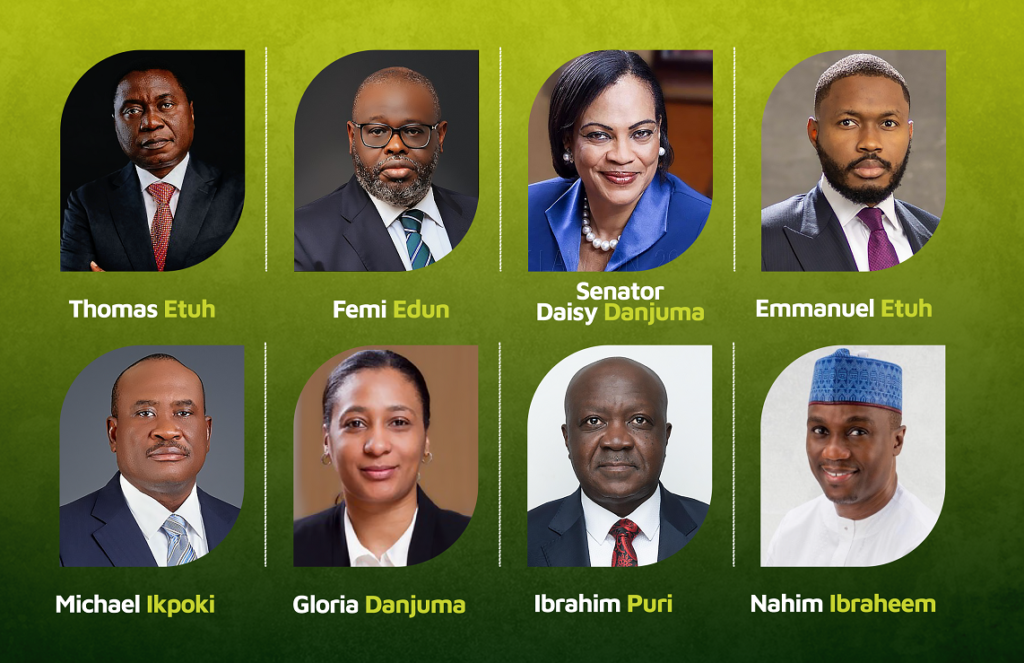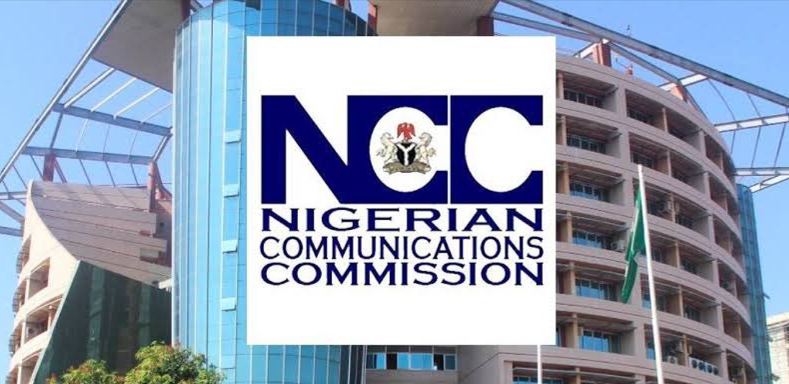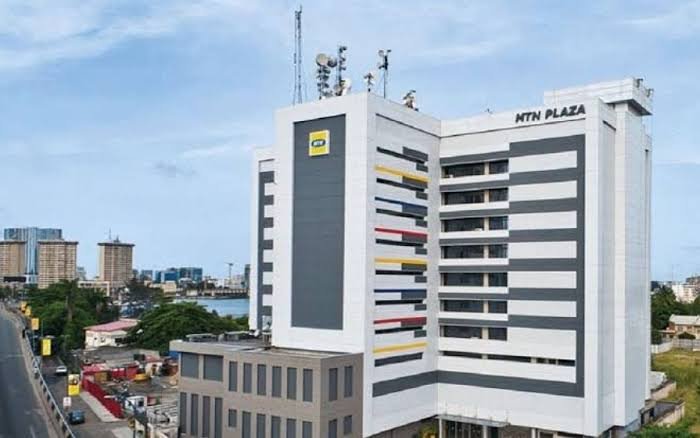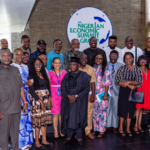Digital Bridge Institute (DBI), the training arm of the Nigerian Communications Commission (NCC), has said that it plans to train not less than five million workers in two years.
Speaking at an event in Abuja to mark the organisation’s twenty-one years of existence, Mr David Daser, president/CEO DBI, said that the investment in human capacity building by the Organisation is to ensure that Nigerians are well prepared to compete in the global market.
The event with the theme: “Preparing Today’s Workforce for Tomorrow’s Market”, chronicled the birth of the DBI 21 years ago and the journey so far in a documentary produced by the Agency.
“Today, we commemorate a vision that took root over two decades ago, one that continues to flourish through innovation, excellence, and transformative impact across Nigeria and Africa.
“The Digital Bridge Institute (DBI) was established on May 20, 2004, by the Nigerian Communications Commission (NCC) as a Centre of Excellence for ICT and telecommunications training.
“Today, we stand proud with a network of campuses, global partnerships, and thousands of empowered professionals contributing meaningfully to the digital economy.
“We recall with pride that the commissioning of DBI was graciously performed by Former President Olusegun Obasanjo, whose commitment to knowledge-driven development gave this institution a strong and promising start”, the DBI President said.
Mr Daser said that the theme of the celebration, reflects the urgency of the DBI mission in a rapidly evolving digital world.
As technologies like AI, 5G, IoT, and cybersecurity redefine the future of work, DBI, he stated remains steadfast in its commitment to future proofing Nigeria’s workforce.
Not leaving out the architects that laid the foundation of the Institute, Mr Daser said that their legacies must live on.
“We owe our foundation to the foresight and patriotic vision of our founding fathers, notably the late Alhaji Ahmed Joda, former Chairman of the NCC, and Engr. Ernest Ndukwe, former Executive Vice Chairman.
“Their belief in the transformative power of digital knowledge gave birth to this noble institution.
We also honour the past Chief Executives who built the foundation upon which we proudly stand today”, he said.
According to him, upon assuming office in September 2024 as President/CEO, he inherit a resilient institution brimming with potential adding that since then, DBI has recorded several landmark achievements, which including a strategic partnership with Small Business Training Solutions (SBTS) Group to expand digital learning infrastructure.
Other achievements he listed include “the launch of the DBI Global Training Partner Program at our Lagos Campus;
“The ongoing Ministry of Humanitarian Affairs and Poverty Reduction Training Programme across all campuses.
“Graduation of Sightsavers training cohorts in Kano and Lagos.
“The commissioning of the Information Access Centre (IAC) by the Honourable Minister of Communications, Innovation and Digital Economy, Dr. Bosun Tijani”.
The Digital Bridge Institute is also working towards the implementation of the NCC-DBI ADEPTI Programm described as a high impact NCC-funded initiative set to commence soon.
Only recently, Mr David Daser, was appointment as chairman of the Digital Literacy Technical Working Group by the Federal Government, through the National Information Technology Development Agency (NITDA), a Development considered a strong endorsement of DBI’s national leadership in the digital literacy space.
“While these accomplishments are significant, they are not ours alone. We remain deeply grateful to our founding and sustaining institution, the Nigerian Communications Commission (NCC), for its vision, guidance, and unflinching support.
“Looking ahead, DBI, through its global network of partners, aims to train five million Nigerian workers, across public and private sectors, in Artificial Intelligence over the next three years.
“This ambitious goal is already in motion, bolstered by the backing of President Bola Ahmed Tinubu, GCFR, Minister Dr. Bosun Tijani, and Dr. Aminu Maida.
“Nigeria is poised to become a hub for AI innovation and training, and DBI is fully committed to making this a reality.
“To this end, we call on all Nigerians, leaders of Ministries, Departments and Agencies (MDAs), State governors, and local government authorities, to support and partner with DBI in this critical mission. Nigeria must not lag behind in the AI revolution”, Daser stressed.
Like any other human organisation Daser discosed that the DBI has experienced its share of ups and downs over the past 21 years.
“In the recent past, we faced a particularly challenging period during which it became a herculean task to pay staff salaries and allowances.
“Our facilities and office infrastructure across campuses deteriorated, and staff morale declined significantly, leading to a sense of disorientation among workers.
“But beyond these tangible difficulties, there were more complex undercurrents, seasons when the compass between this vessel and its founding lighthouse drifted, ever so slightly, from alignment.
“A fog of uncertainty hung over questions of identity, structure, and status. These internal tides, though rarely seen on the surface, stirred deep within the institutional waters, creating a rift that tested the very bridge we were built to uphold.
tomorrow’s market, the Chairman listed Making digital skills the new literacyand to embed coding, digital marketing, cybersecurity, data analytics, and AI basics from secondary school.
Other suggestions he said include but not limited to, “every citizen must see digital fluency as fundamental as reading or writing.
“Institutionalise Work-Based Learning
Let’s make internships and apprenticeships mandatory in ICT programs. Let schools and startups co-design curricula that are relevant and adaptive.
Follow us on all social media platforms @dailyquery for news and analyses around the globe.
